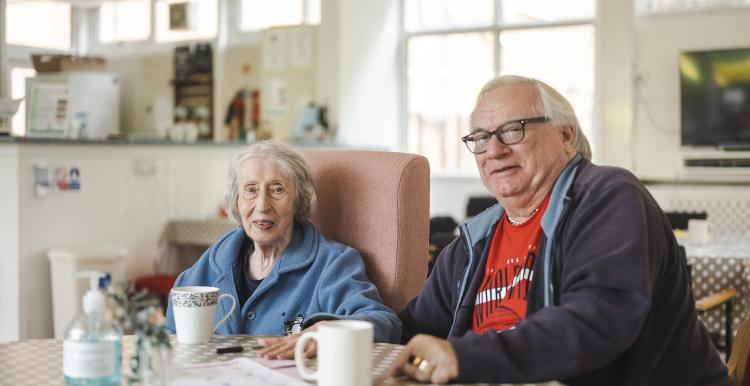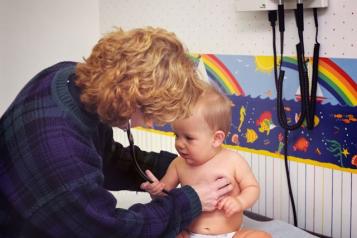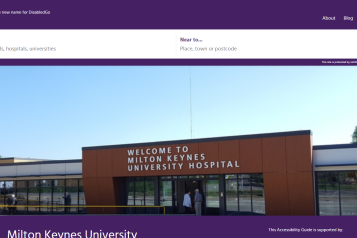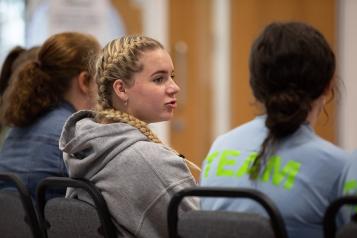Safer medication records for at-home patients

Maureen* had become an unofficial carer for her partner, Malcolm. Both in their 80s, Malcolm has Parkinson’s and needs round-the-clock care. They live in sheltered housing in Milton Keynes. Malcolm was supposed to have four carers visit him daily, providing essential care, and giving medications at certain times.
In reality, this was not happening. Carers were inconsistent, and often did not have enough time to provide the care that Malcolm needed.
Everyone using Medicines Admin Records knows they don’t work.
As a result, Maureen was regularly managing his medicine doses, but under the current system in MK, she isn’t allowed to record the medication she gives Malcolm – only paid carers can do that. This meant that his records were incorrect, leaving him at risk of serious harm. Local pharmacists also told us this was a common issue.
We’re now working with Milton Keynes Council and the Integrated Care Board to change MAR charts so that family carers can record any medication doses they give at home. This is a much more realistic, accurate system for relatives, who often need to give their loved one’s medications outside of those limited hours when an official carer or district nurse is present.
What difference has this made?
Because we were able to help Malcolm and Maureen, there will be a safer system for everyone involved. Patients will no longer be at risk from serious error such as overdose, and paid carers and nurses can work with families to ensure patients getting the medication they need to stay comfortable, and/or manage symptoms.
The local hospital pharmacy are also changing their MAR charts so they can be used to record medications given at home by relatives in the first few weeks after coming home from hospital.
Image credit: Centre for Ageing Better


